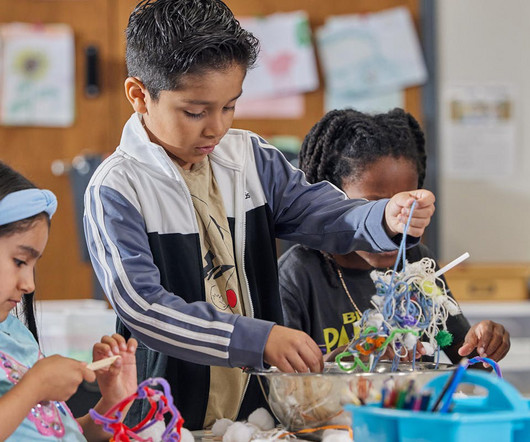Can a Group of MIT Professors Turn a White Paper Into a New Kind of College?
ED Surge
NOVEMBER 17, 2022
A group of professors at Massachusetts Institute of Technology dropped a provocative white paper in September that proposed a new kind of college that would address some of the growing public skepticism of higher education. This week, they took the next step toward bringing their vision from idea to reality.











Let's personalize your content